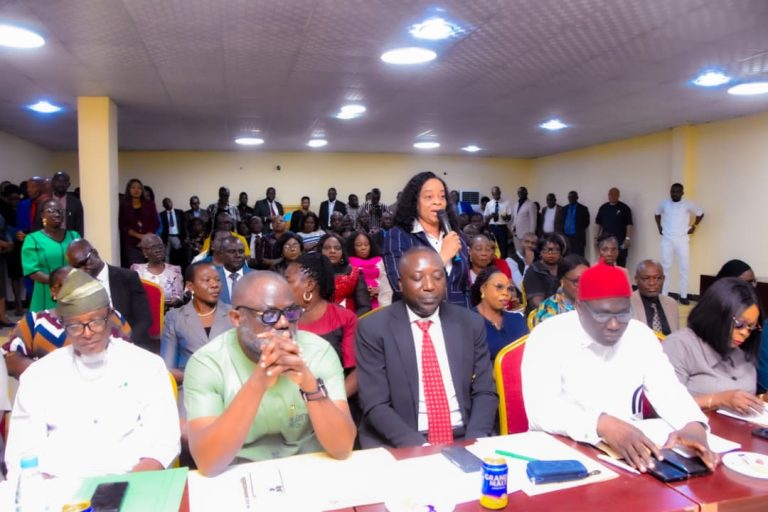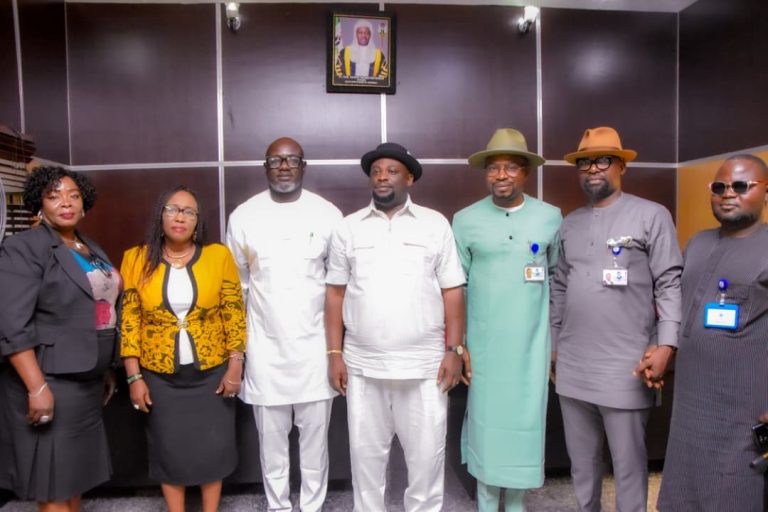
The National President of the Nigeria Union of Local Government Employees, Mr Ambali Olatunji, has said the union is ready to join the nationwide strike on Tuesday, Oct. 3.
The Nigeria Labour Congress earlier declared an indefinite strike beginning on Tuesday, October 3, 2023, over the hardship resulting from the removal of oil subsidy by the Federal Government.
Speaking in Akure, after the election of a new executive of the Ondo State Chapter of the NULGE, on Sunday, Oct. 02, Olatunji declared that the union would join the strike.
He said, “The only way to avert the NLC strike by President Bola Tinubu is to offer leadership. Mr. President brought this hardship to Nigeria by his proclamation on May 29 without due diligence to study the economy indices. We know that the outgone government misled him, and any policy that is bringing hardship to the people must be mitigated, we are not contradicting the withdrawal of the subsidy but there must be a structure to mitigate the effect of that subsidy removal.
“Because of our corruption and inefficiency, we cannot maintain our refineries, Nigeria is the only nation in the world that is oil producing, that cannot refine crude oil. Must we suffer that, why should we bear that burden, why can’t we bring those modular refineries operators in the Niger Delta together, sharpen their skills, license them and also collect tax from them, so that this would be internal, we don’t have to use hard currency to refine our crude oil, it would bring more jobs it would enhance local communities, why are we going after them to destroy their refineries when we don’t have capacity to it?
“Everywhere in the world government subsidized one thing or the other. We are surprised that President Tinubu is going the way of Buhari and others. If you really want to do palliative, pay 50 per cent gratitude to pensioners, people are dying, and people are committing suicide. Our belief is that the size of government is too large, you can not say we should tighten our belt while you lose your own belt. Ministers should not be more than 25 to 26, all others should be given special advisers. We should manage.”




